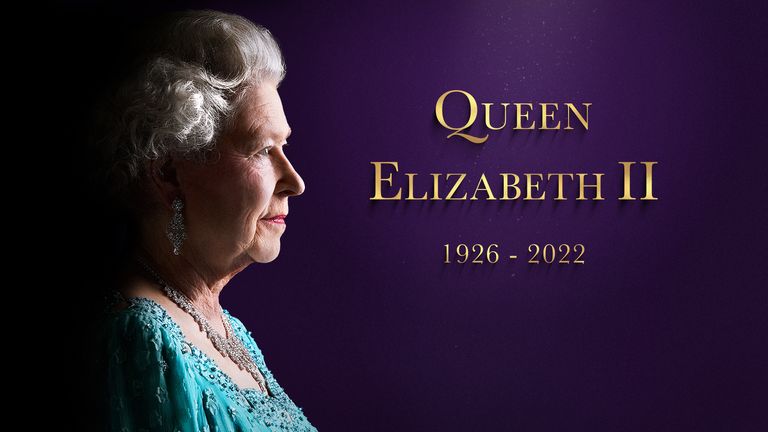Queen Elizabeth II, the longest-reigning monarch in British history, died at the age of 96, leaving behind a legacy that blended the ancient and the modern with the help of mass media.
Her death has elevated her eldest son, Charles, to the throne as King Charles III. In a statement, he said:
“The death of my beloved Mother, Her Majesty the Queen, is a moment of the greatest sadness for me and all members of my family.
“We mourn profoundly the passing of a cherished Sovereign and a much-loved Mother. I know her loss will be deeply felt throughout the country, the Realms and the Commonwealth, and by countless people around the world.”
The Royal Family has now entered a period of mourning. Members of Parliament will pay tribute to the Queen and take an oath to King Charles.
The late Queen who reigned for seven decades is remembered amongst other things for navigating the monarchy through tectonic shifts in her country’s post-imperial society, and weathered successive challenges posed by the romantic choices, missteps of her descendants.
Her coronation in 1956 was the first royal event to be broadcast in full on television. It was a token of the changes and global fascination that accompanied her time as queen, that her reign became the subject of a Hollywood series on Netflix.
In the coming days, much of national life will be put on hold. Official engagements have been canceled, union flags are flown at half-mast on royal residences, government buildings, across the Armed Forces, and on UK posts overseas.
Social life has also been affected as all sporting events (football, rugby etc) are postponed until after the funeral.
There will be church bells tolling and gun salutes as local and national organizations and charities organize ways to pay their respects, with commemorative events and books of condolence.
A state funeral for the Queen is scheduled to hold on Monday September 19th.








